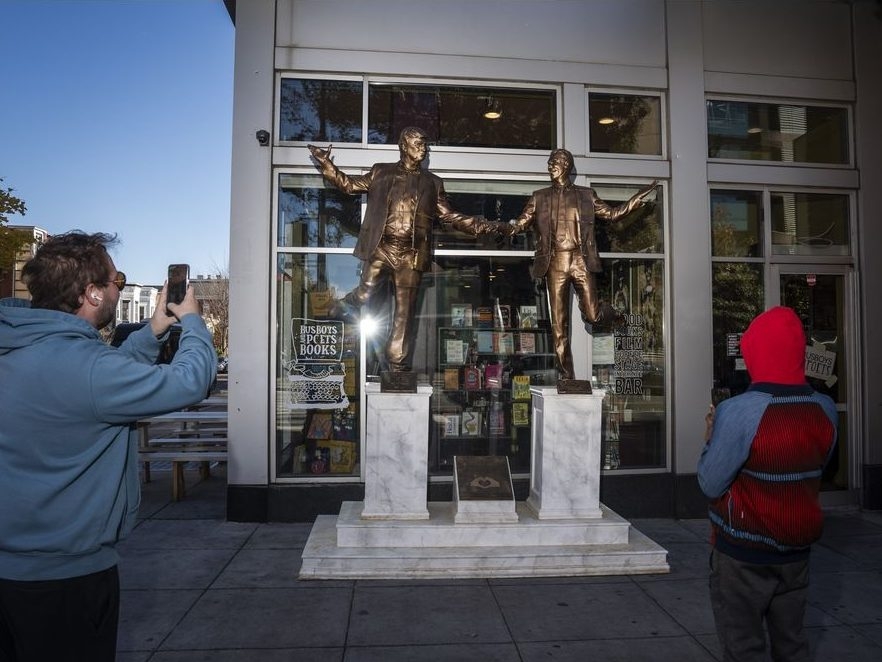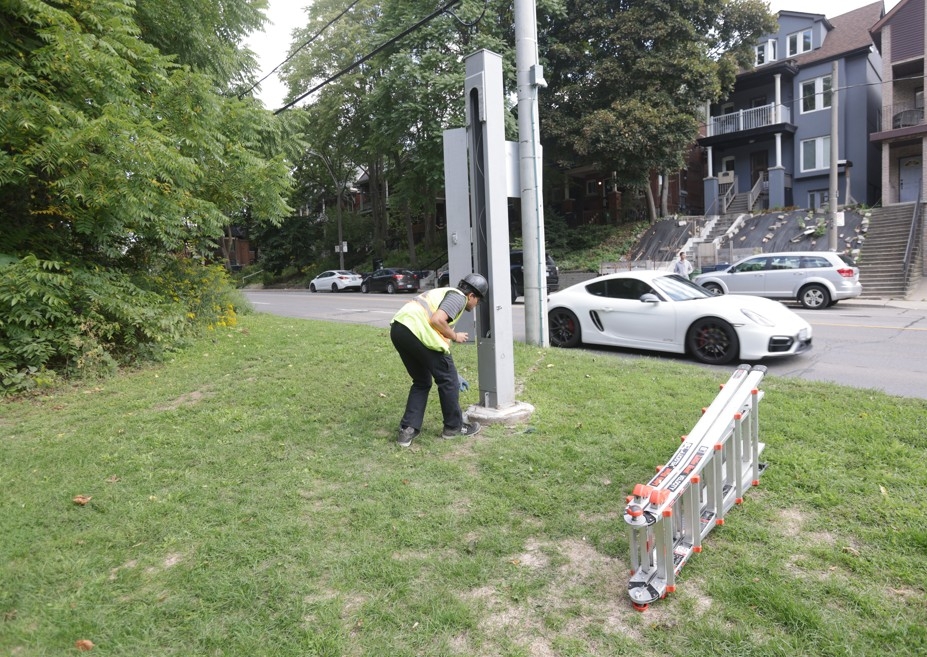A quiet Friday morning in Somerset, Kentucky, changed everything for Pastor Johnny Dunbar. The phone rang at his small church office, and a voice on the other end presented a desperate plea: a mother, out of baby formula, seeking help. Dunbar, already concerned about families facing hardship due to recent cuts in food assistance, had only moments to respond.
Unbeknownst to him, that conversation was being recorded. The caller, Nikalie Monroe, was initiating a powerful social experiment, documenting how churches across America would respond to a simple request for aid. The resulting video quickly exploded online, igniting a national conversation and drawing international attention.
Monroe’s “testing your church” series on TikTok presented a stark challenge: with government assistance programs in flux, would faith-based organizations truly embody their stated commitment to helping those in need? The videos sparked outrage, debate, and a wave of scrutiny directed at churches nationwide.

Dunbar, reflecting on the call, admitted a sense of luck. “I’m so lucky I got it right that day,” he confessed, acknowledging the weight of responsibility and the potential for falling short. His church’s compassionate response became a beacon of hope in a sea of viral disappointment.
The experiment wasn’t about genuine need, but about revealing a deeper truth. Monroe’s videos tapped into a cultural nerve, particularly in the South, where conservative Christian values often emphasize self-reliance and a preference for charitable assistance over government programs. The question became: would churches live up to their rhetoric?
The initial video featuring Dunbar’s kindness went viral, prompting an outpouring of support. Donations flooded in, exceeding $95,000, even from individuals identifying as atheist. The response was a testament to the power of a single act of compassion captured and shared.
However, other videos painted a different picture. One church put Monroe on hold while ominous music played, ultimately directing her to external resources. Another simply suggested she contact a different local church. These responses fueled the online firestorm, prompting widespread condemnation.
The story quickly spread beyond TikTok, reaching Instagram and X, where users dissected the phone calls and shared their own experiences. Justin McNair, a Mississippi furniture store owner, discovered a video involving a church near his home and publicly expressed his disappointment, sparking a direct response from the congregation.
Critics questioned Monroe’s methods, arguing that “testing” churches with potentially deceptive calls was unfair. Others pointed out the complexities of screening requests for assistance and the challenges faced by busy church offices. But the core issue remained: the perceived disconnect between professed values and practical action.
While some churches offered immediate help, others, including a prominent megachurch, promised a lengthy review process. Notably, a mosque, a Buddhist temple, and several Protestant churches also demonstrated a willingness to assist, highlighting a broader spectrum of religious response.
Inspired by Monroe’s series, individuals began conducting their own “tests,” calling local churches with similar requests. The results were often disheartening, reinforcing the perception that some congregations were failing to live up to their spiritual mandates.
The controversy struck at the heart of a fundamental tension within Christianity: the balance between personal responsibility and communal care. Some churches prioritize scriptures emphasizing self-sufficiency, while others emphasize Jesus’s command to “love your neighbour as yourself.”
The viral success of the campaign exposed a deeper issue – the shame often associated with accepting government assistance within certain congregations, fueled by the “prosperity gospel” and a broader conservative media landscape. Many attendees quietly struggling with poverty may have felt judged rather than supported.
Ultimately, the experience serves as a powerful message for churches and their members. Experts urge better training for front office staff and a shift in perspective, treating poverty not as a partisan issue but as a fundamental matter of faith. Because in today’s interconnected world, every act of kindness – or lack thereof – has the potential to be witnessed by millions.





